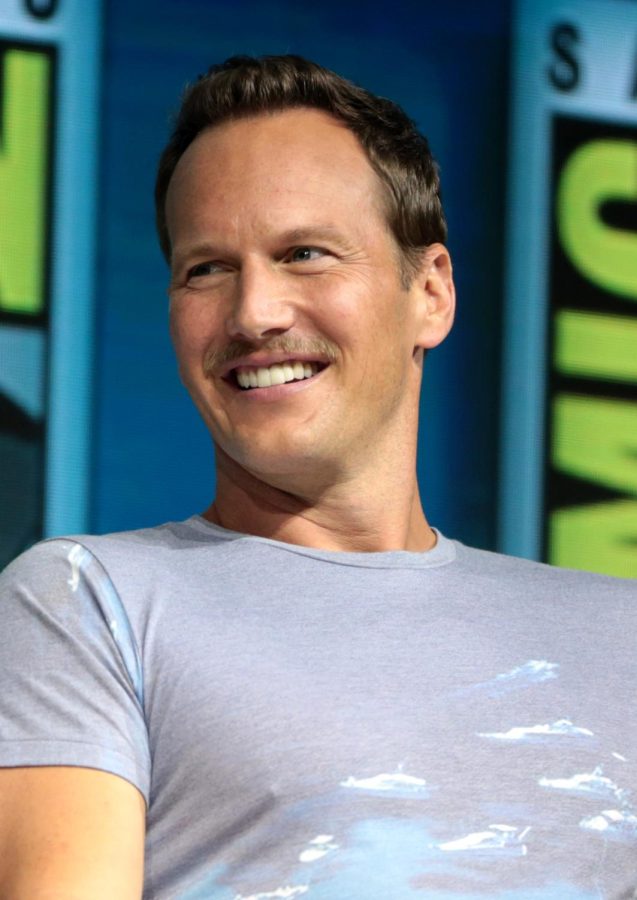Disaster film “Moonfall” lives up to its genre
New science fiction film explores the outcome of the moon falling out of orbit
Patrick Wilson, the actor who plays Brian Harper, answers questions at a press conference.
February 5, 2022
An eerie, low-pitched buzzing sound fills the speakers as a tilted view of Earth from thousands of miles into space takes place on the screen. The camera shifts away from the unsettling image and zooms out to reveal a space shuttle occupied by three astronauts. As they float, tethered to the shuttle by their spacesuits, the chorus of Toto’s “Africa” begins to play.
As intriguing as this opening scene was, the rest of “Moonfall” failed to meet my raised expectations.
“Moonfall” is a science fiction space disaster film produced by Lionsgate and released on Feb. 4, with its primary characters played by Halle Berry, Patrick Wilson, and John Bradley.
In “Moonfall,” three astronauts are in the process of fixing a satellite when an unfamiliar swarm attacks the astronauts and their shuttle, leaving one dead and the other two (Halle Berry and Patrick Wilson) back on Earth attempting to explain the unbelievable events that just took place.
After a time jump of 10 years, K.C. Houseman (John Bradley) is introduced to the film as the conspiracy theorist who believes he has discovered that the moon, a structure built by aliens, has fallen out of orbit.
Throughout the movie’s run time of 2 hours, the astronauts reluctantly team up with the conspiracy theorist in order to send the moon back to its proper orbit and discover the source of the mysterious swarm as natural disasters wreak havoc on the planet.
The movie is somewhat reminiscent of the novel “Life As We Knew It” by Susan Beth Pfeffer published September 2006 and the movie “Don’t Look Up,” which was recently released on Netflix in December 2021. These three pieces of media all share a theme of astronomical disasters being discovered and, as a result, the world descending into chaos.
For this movie’s thrilling premise, it only half-heartedly lived up to my expectations. Though some of its aspects were enjoyable, such as Halle Berry leading the team of NASA scientists to help regain the world’s normalcy, a lot of the movie left behind plot holes and unnecessary scenes. For example, a glaringly obvious sponsorship by Lexus was displayed in a rapid car chase that was entirely unhelpful to the plot of the movie.
The scenes that were intended to be heartwarming also felt a little forced, and there were many side characters introduced and thrown into the film too quickly for the audience to develop a reason to care about them.
Overall, if you are one who enjoys fast-paced sci-fi disaster thrillers, this movie definitely tackles all of those points. If you do not think too deeply about the premise of this movie, you are left with only a small feeling of existential dread along with a passion for space exploration once the credits roll.



